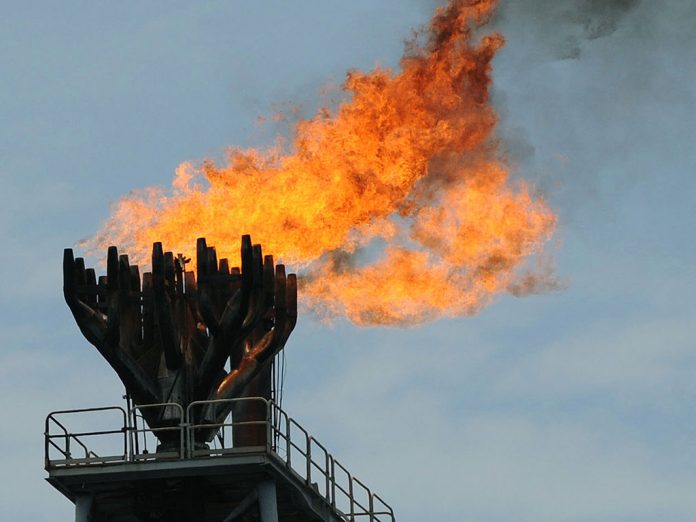The perennial occurrence of gas flaring and oil spills in the Niger Delta region of the country has become very worrisome. The stories of suffering of the people of the Niger Delta as a result of gas flaring is pathetic and should have no place in modern oil exploitation. Over the years, various governments from the First Republic to the present have seemingly paid lip service to the resolution of this avoidable and recurring challenge in the region that lays the golden egg for the survival of the country’s economy. Invariably, the problem appears to have come to stay. The consequences of this climate change crises triggered by gas flaring and oil spills include the disappearance of wildlife and fishes in rivers and creeks, the disappearance of fresh water, excessive heat and the shrinking of vegetation, particularly economic trees in the devastated region.
As the saying goes, “he that wears the shoe knows where it pinches” and thus residents of the Niger Delta region have had nothing but tales of woes to tell in relation to this menace in their ecosystem. A case in point here is the recent glaring story of devastation of farm lands and rivers in the Ndokwa region of Delta State which is just one of many such incidences in the oil producing communities in the region. The Ogoni oil spills among many others are one of many others in the region for which the response of various governments are largely lack lustre. These have brought up grave manifestations of climate change crisis which this menace has triggered.
The solution to this challenge has to involve the government, the oil companies and the host communities where oil is drilled, among many other stakeholders. Interestingly, the seeming partnerships between these stakeholders over the years do not appear to have yielded the expected results. This has been the situation for over 60 years since oil was first discovered in Oloibiri in present-day Bayelsa State. The problem appears not to have abated ever since. The recent oil spillage and environmental degradation in Ndokwa West Council of Delta State is a sad reminder of the negative externalities oil production has brought on the residents of the oil producing region. The area, which is surrounded by about 10 flaring racks operated by oil majors such as Nigeria Agip Oil Company (NAOC), Pillar Oil Limited, Energia Oil Limited, Mid-Western Oil Limited, Sterling Global Limited’s Liquefied Natural Gas Plant, has become a furnace of sorts. This is the same narrative across the Niger Delta region. Residents of the region, particularly in the oil producing communities hardly sleep due to excruciating heat that emanate from gas flaring and hydrocarbon emission in the community. Life expectancy of the peoples of the region has been drastically affected. Why is the situation different in other countries when most of the organisations and companies involved are the same?
Policy makers in Abuja would need to take a different look at this problem and ensure that the people of the region do not roast to death while in the same vein, the country’s economy is sustained from the proceeds of the oil production activities in their region. Also, the oil companies have been smiling away with tremendous oil wealth while the communities from which the wealth is generated are virtually neglected or deprived of adequate attention. Policy pronouncements by government itself have seemingly taken the people of the oil producing communities for granted. The Petroleum Industry Act (PIA) recently signed into law by Mr. President which lays down rules for the protection of the environment and the interest of the host communities as well as environmental cleanups when necessary is hoped will help to allay the fears of the Niger Delta region.
Though there is presently a great level of mistrust between the authorities in Abuja and the host communities over the content of the PIA in particular, the share of a paltry three per cent of regional oil wealth from production to the host communities, a sort of fence-mending can take place between the authorities and the host communities to assuage the fears of the region and ensure that, at least their environment is not continually degraded. Past promises to end flaring have been observed only in breach. And no one is sanctioned but people and the environment are devastated. There must be a stop to this. Is government performing due diligence or has it compromised? Are the issues insurmountable? Government needs to rise to the occasion and ensure that gas flaring and environmental degradation in the region are addressed frontally.



